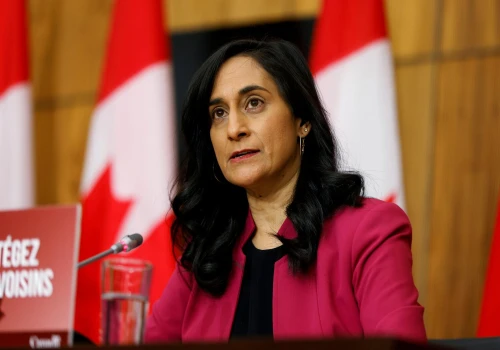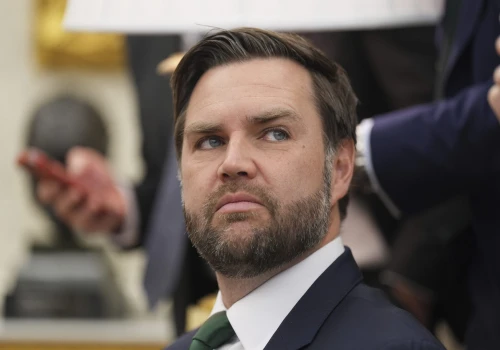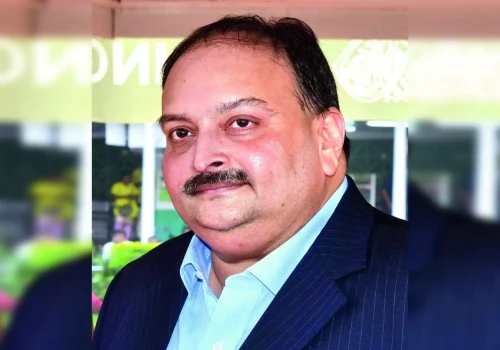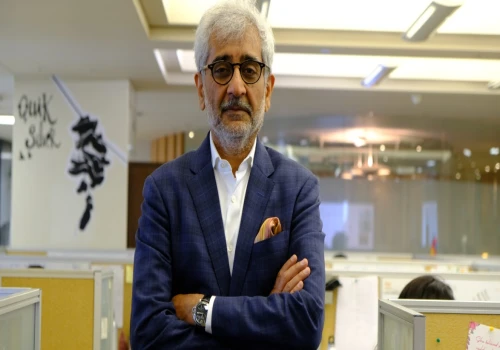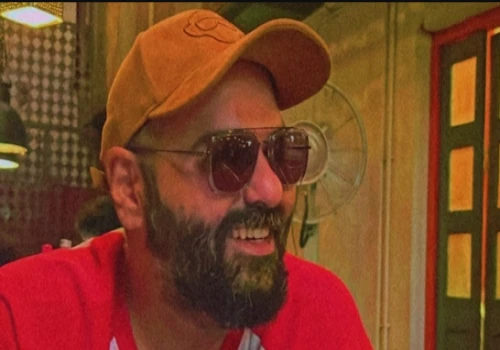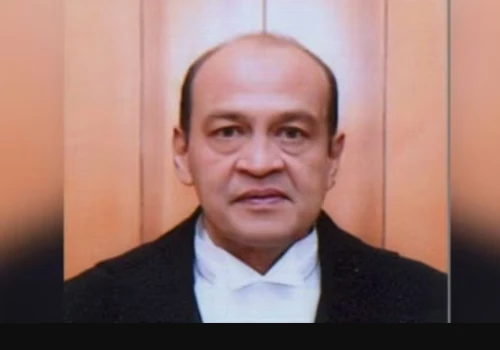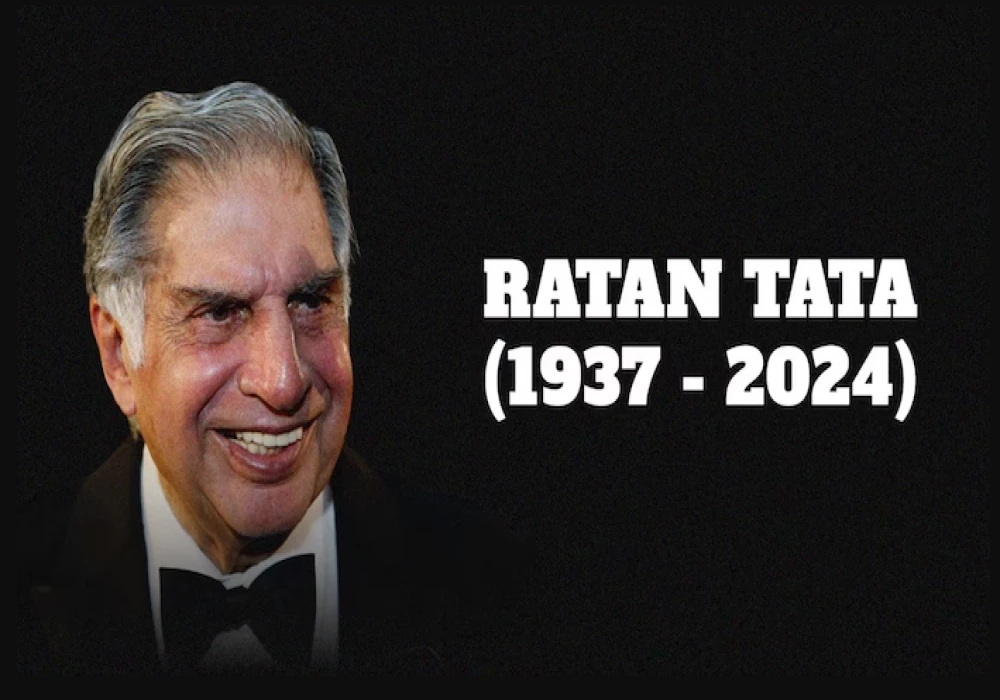
Ratan Naval Tata, one of India's most respected industrialists and philanthropists, passed away on October 9, 2024, at the age of 86. He had been undergoing treatment for a prolonged illness at Breach Candy Hospital in Mumbai.
Early Life
Ratan Tata was born on December 28, 1937, in Mumbai. He came from a prestigious Parsi family but faced challenges early on due to his parents' separation. His grandmother, Navajbai Tata, raised him. He studied at Cornell University and Harvard Business School.
Entry into Tata Group
Ratan Tata joined the Tata Group in 1961, starting on the shop floor of Tata Steel. This hands-on experience helped him understand the workforce and India's industrial growth.
Leadership and Transformation
In 1991, Ratan Tata became the Chairman of Tata Sons. Under his leadership, the company grew from $5 billion to over $100 billion in revenue by 2012. He expanded the group globally in industries like steel, automobiles, IT, and consumer goods.
Major Acquisitions
Ratan Tata led significant global acquisitions, including:
- Tetley (2000): A British tea company bought for $450 million.
- Corus (2007): Tata Steel's $13 billion acquisition.
- Jaguar Land Rover (2008): A $2.3 billion deal that turned Tata Motors into a global player.
Tata Nano Project
In 2008, Ratan Tata launched the Tata Nano, the world’s cheapest car. Though it wasn’t commercially successful, it symbolized his commitment to making affordable transportation for India's middle class.
Handling Crises
During the 2008 Mumbai terrorist attacks, the Taj Mahal Palace Hotel, owned by Tata, was one of the targets. Ratan Tata led the recovery efforts, ensuring that the hotel was rebuilt stronger and showing compassion toward victims and employees.
Awards and Honors
Ratan Tata received many awards, including:
- Padma Bhushan (2000)
- Padma Vibhushan (2008)
- Honorary Knight Commander of the Order of the British Empire (KBE, 2009)
- Business Leader of the Year (2006)
Philanthropy and Legacy
Ratan Tata was actively involved in the Tata Trusts, which focus on education, healthcare, and rural development. Under his leadership, 60-65% of Tata Sons' dividends went to charity. His leadership was rooted in ethics and social responsibility.
Ratan Tata’s legacy is one of building not just a business empire, but a vision for India’s growth. He will be remembered for his integrity, ethical leadership, and service to the nation.


